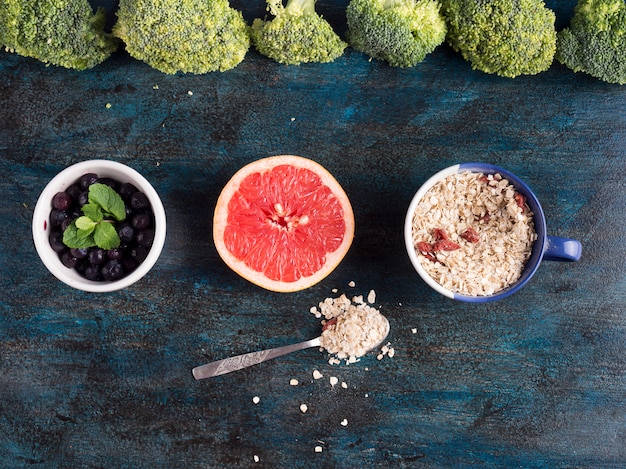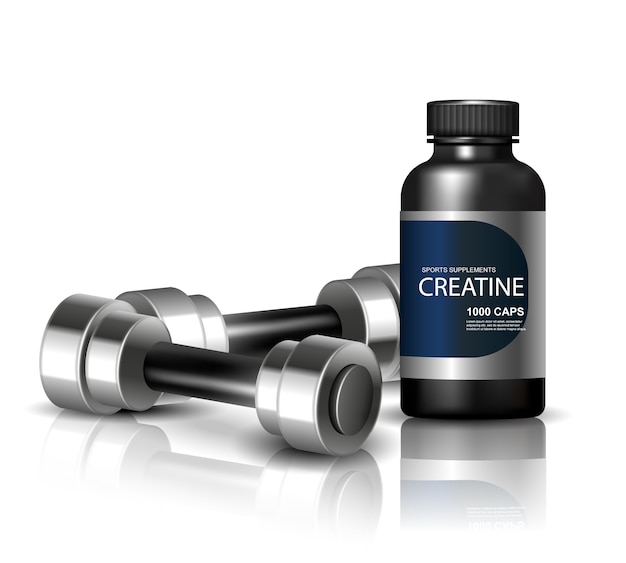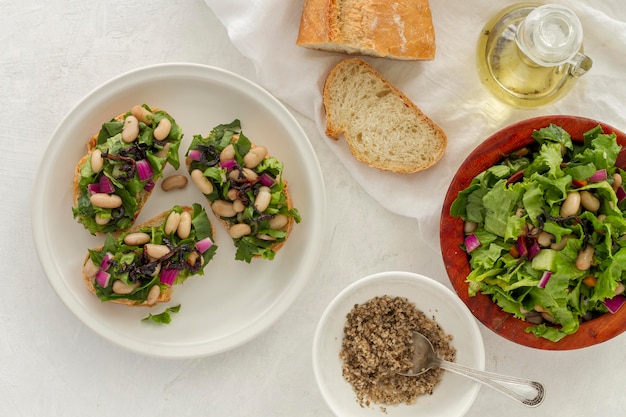As we age, maintaining muscle strength becomes essential for mobility, balance, and independence. Protein plays a key role in this process—but with so many options, how do you choose between plant protein and whey protein? This guide breaks down the science, compares benefits, and offers practical, senior-friendly tips to help you make the best choice for building strength safely and effectively.
After age 60, our bodies naturally lose muscle mass—a condition known as sarcopenia. To slow this down, experts recommend seniors consume 1.0 to 1.2 grams of protein per kilogram of body weight daily, and even more if active. Protein supplements like powders can help meet these needs, especially if appetite is low or chewing becomes difficult.

Whey protein is derived from milk during cheese production. It’s a complete protein, meaning it contains all nine essential amino acids, including a high amount of leucine—a key trigger for muscle protein synthesis. Studies show whey is quickly absorbed, making it effective for muscle recovery after exercise.
For seniors, research suggests whey protein, combined with resistance training, can significantly improve muscle mass and strength—especially in those over 70.
Plant proteins come from sources like peas, rice, hemp, and soy. While some are complete (like soy), others may lack one or more essential amino acids. However, many plant protein powders blend sources (e.g., pea + rice) to create a complete amino acid profile.
Plant protein is ideal for seniors with lactose intolerance, dairy allergies, or those following a plant-based lifestyle. It’s also generally easier on digestion and supports long-term heart and gut health.

Both can support strength gains when paired with exercise. However, whey has a slight edge due to its high leucine content and fast absorption. That said, newer plant blends are closing the gap, especially when consumed in adequate amounts.
Proper form prevents injury and ensures effectiveness. Focus on:
Consider these factors:
Whey protein may have a slight advantage for rapid muscle building, but plant protein is a strong, sustainable alternative—especially for long-term health. The best choice depends on your body, preferences, and goals.
Pair your protein with safe, consistent strength training, and you’ll build not just muscle, but confidence and independence too.

Health

Health

Health

Health

Health

Wellness

Health

Fitness

Health

Fitness

Wellness

Wellness

Health

Fitness

Health

Health